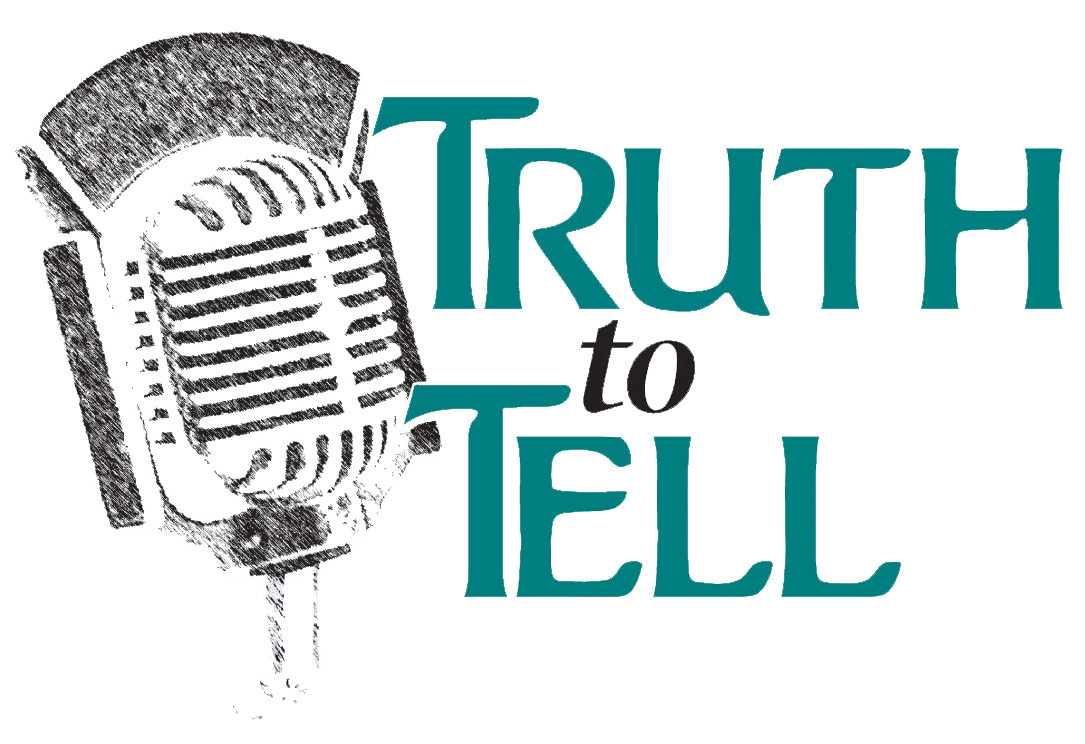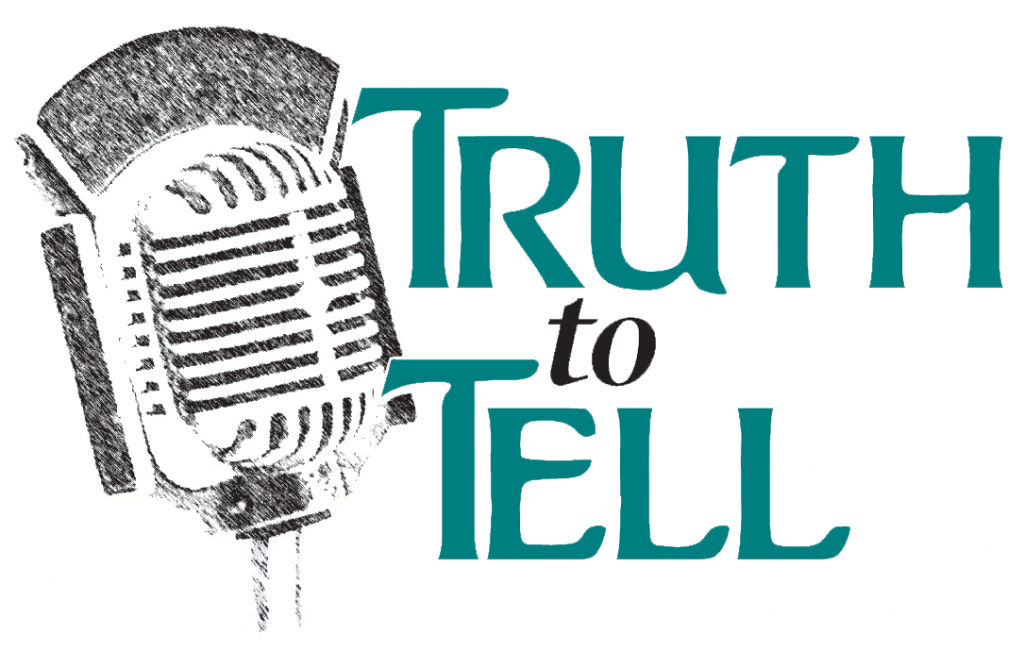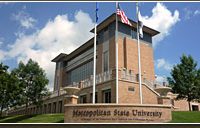ttt1249-dec_3-metrostateufin
HELP US BRING YOU THESE IMPORTANT DISCUSSIONS OF COMMUNITY INTEREST – PLEASE DONATE HERE!
~~~~~~~~~~~~~~~~~~~~~~~~~~~~
The story of that other Twin Cities four-year higher education institution – Metropolitan State University – never really started out as a competitor for the University of Minnesota. It was designed to do much of what the UofM was not doing – appealing to older, especially older workers from underserved populations – surely more Latinos and African-Americans – to complete their degree programs based on the competence they had acquired in their lives and work.
It started in 1971 as Minnesota Metropolitan State College, thanks to a legislative mandate, and some 46 faculty members – more than half of them part time, what they now refer to as community faculty – started classes in 1972, and graduated their first 12 students in 1973. They did all this from unlikely venues for a higher education institution – from a storeroom in the Capital Center Skyway as the first administration office to rather ill-equipped “classrooms” in downtown buildings, church basements, synagogues and outlying commercial structures.
The whole thing was originally geared to cover only the upper division – the last two years – of a normal 4-year college, but highly keyed to individuals wanting to – finally – finish their undergraduate education. This non-traditional approach turned Metro State into something of an enclave of rebellious promoters of higher ed who believed in the inherent learning abilities of people for whom completing a degree had been difficult, if not impossible, in the normal course of life: poverty, the need to work instead of the formally schooled, racism, etc.
This became a school that recruited and welcomed those folks, teaching them what it means to be an educated person, preparing them for learning late in life and for lifelong learning – never stopping to see learning as valuable, ongoing asset in all we do. For those who had working and living experiences that could be converted to college credit, devices and evaluations were created to recognize them. This, too, shortened the time commitment that would be otherwise required to get that BA degree. (Eventually, Metro started adding several Master’s programs).
Presidents and faculty were picked to run the place who agreed with the philosophy that all people can learn – and should and be credited for it – and you didn’t need too formal an enrolment and teaching environment to do so. A cadre of counselors and advisers who doubled as instructors guided students from getting the word out to dragging them in the door to sign on and helping them design their degree programs – a mishmash of classes, tests, transfer credits and prior learning experiences. Dr. David Sweet was the inaugural president, followed by Dr. Reatha Clark King and several others leading up to today’s Dr. Sue K. Hammersmith. The campus is large and growing all the time, familiar for it’s 4-story glass edifice sitting on Dayton’s Bluff overlooking downtown St. Paul. Several hundred faculty teach several thousands of students, now.
Then, in 1994, the Legislature turn what had been a beloved rebel into a true 4-year university, so great was the need to provide not only a continuum from community and technical colleges to Metro, but a true freshman through senior alternative to the U, often in applied curriculums – that is, classes that prepared for jobs at less expensive rates than the larger school in town. Not everyone in this school thought that was progress.
This week, TTT’s ANDY DRISCOLL (Class of 2002) and MICHELLE ALIMORADI talk with one of the truly successful graduate, now a community faculty member and a newly reelected state senator; an old guard professor near retirement; a graduate for whom Metro changed an otherwise troubled career and who now contributes mightily to its curriculum; and yet another who constantly reminds the administration of its duty to a now-huge faculty and student body:
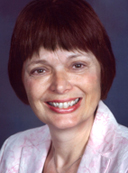 STATE SEN. SANDRA PAPPAS (DFL-65, St. Paul) – President, Minnesota State Senate, Metro State Community Faculty member; Metro State graduate.
STATE SEN. SANDRA PAPPAS (DFL-65, St. Paul) – President, Minnesota State Senate, Metro State Community Faculty member; Metro State graduate.
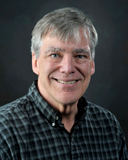 TOM O’CONNELL – Professor of Political Science and History, former Dean of Social Sciences, Metropolitan State University.
TOM O’CONNELL – Professor of Political Science and History, former Dean of Social Sciences, Metropolitan State University.
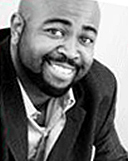 JASON SOLE – Community Faculty, Criminal Justice Studies, Metropolitan State University
JASON SOLE – Community Faculty, Criminal Justice Studies, Metropolitan State University
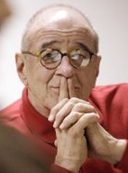 MONTE BUTE – Associate Professor, Social Sciences, Metropolitan State University
MONTE BUTE – Associate Professor, Social Sciences, Metropolitan State University

